New Hampshire Committee Recommends Killing Online Casino Bill
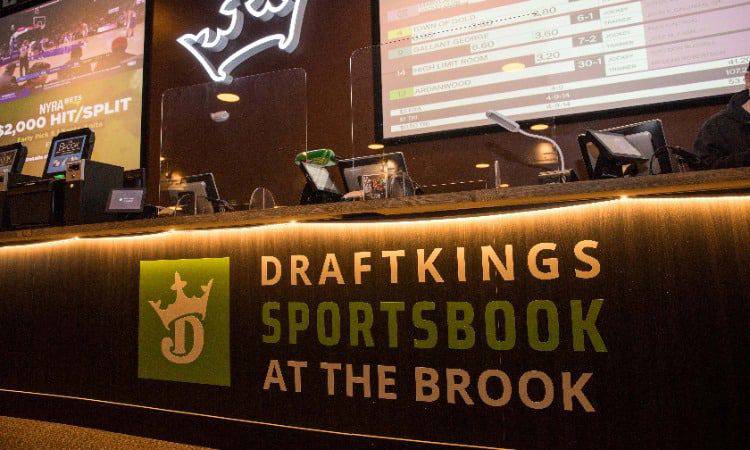
A day after hearing from charitable gaming organizations, education officials, and responsible gambling advocates, the New Hampshire House Ways and Means Committee voted unanimously to recommend killing an online casino bill that would have legalized digital table games, but not slot machines.
The committee met in executive session Wednesday, and the vote was 20-0 that the bill was “inexpedient to legislate,” which effectively means that it is dead. But according to the The New Hampshire Bulletin, the bill will still move on to the House floor, where it may or may not come up for discussion.
SB 104 passed through the Senate March 30, but the latest legislative decision could mean any chance of iCasino — which is legal in six states — being legalized anywhere else this year is dead.
Lawmakers in Indiana, Iowa, Maryland, and New York all failed to approve online casino legislation that was introduced this session. While more than 35 U.S. jurisdictions have legalized sports betting since the Professional and Amateur Sports Protection Act was overturned in 2018, iGaming is considered more challenging to pass.
While online casino is a bigger moneymaker for operators and states, the fear surrounding addiction is also bigger. In New Hampshire, there is the additional concern that the state’s brick-and-mortar charitable casinos would be cannibalized. Were that to happen, there would be additional pressure on the state, which does not have a sales tax, to pick up the slack.
So far, only Connecticut, Delaware, Michigan, New Jersey, Pennsylvania, and West Virginia offer online casino, and in all of those states, online slots are part of the package.
Cannibalization a key concern
New Hampshire lawmakers legalized sports betting in 2019, and Boston-based DraftKings was awarded a monopoly for both digital and retail wagering, though the bill allowed for up to 10 retail locations and operators and five digital platforms.
DraftKings pays a 51% tax in exchange for the monopoly. The company also offers iGaming and supports its legalization.
The New Hampshire legislation, carried by Sen. Tim Lang, would have taxed online casino at 35% and made the legal gambling age 18. Lang, who also championed sports betting, designed his bill to have proceeds from iGaming sent to a new community college education scholarship fund that would defray costs for in-state residents.
But at Tuesday’s hearing, opponents cited statistics from other states that they said show a decline in brick-and-mortar casino revenue occurs when online gaming is introduced. In New Hampshire, charitable organizations participate in gaming at 14 locations. The charitable organization is entitled to 35% of profits from table games and 75% from historical horse racing machines. The state lottery gets a 10% cut, with funds earmarked for education, according to New Hampshire Magazine.
The full New Hampshire House may take up the issue of iGaming later in the session, which closes June 30.







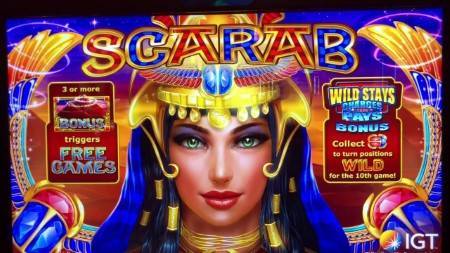


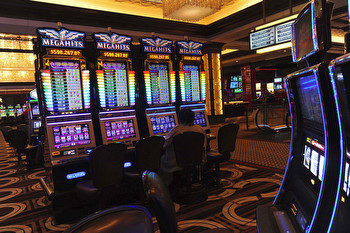




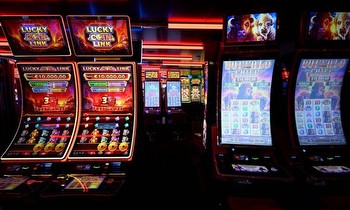
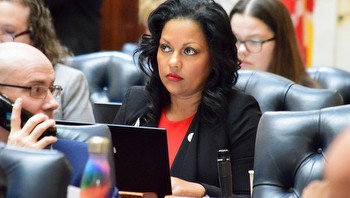










![Let Massachusetts Veterans Have Slot Machines [OPINION]](/img/di/let-massachusetts-veterans-have-slot-machines-opinion-1.jpg)





